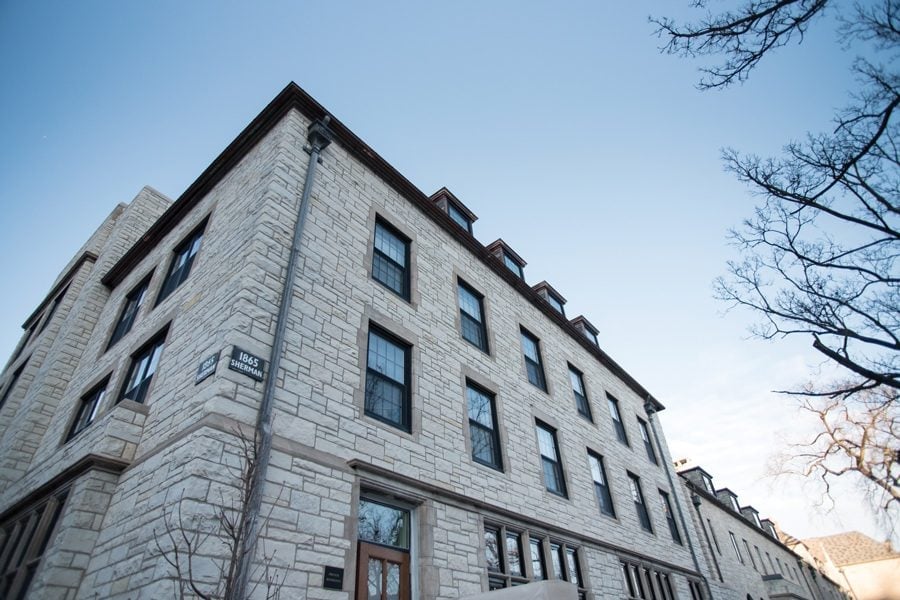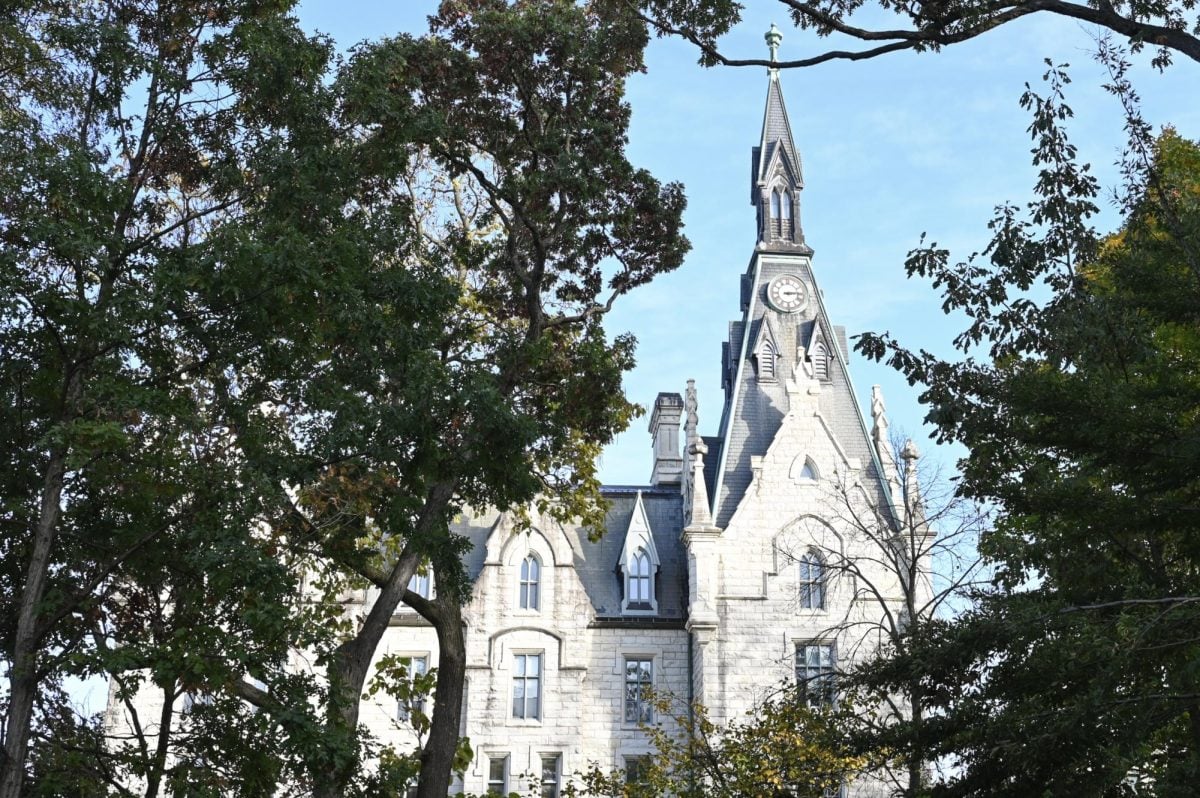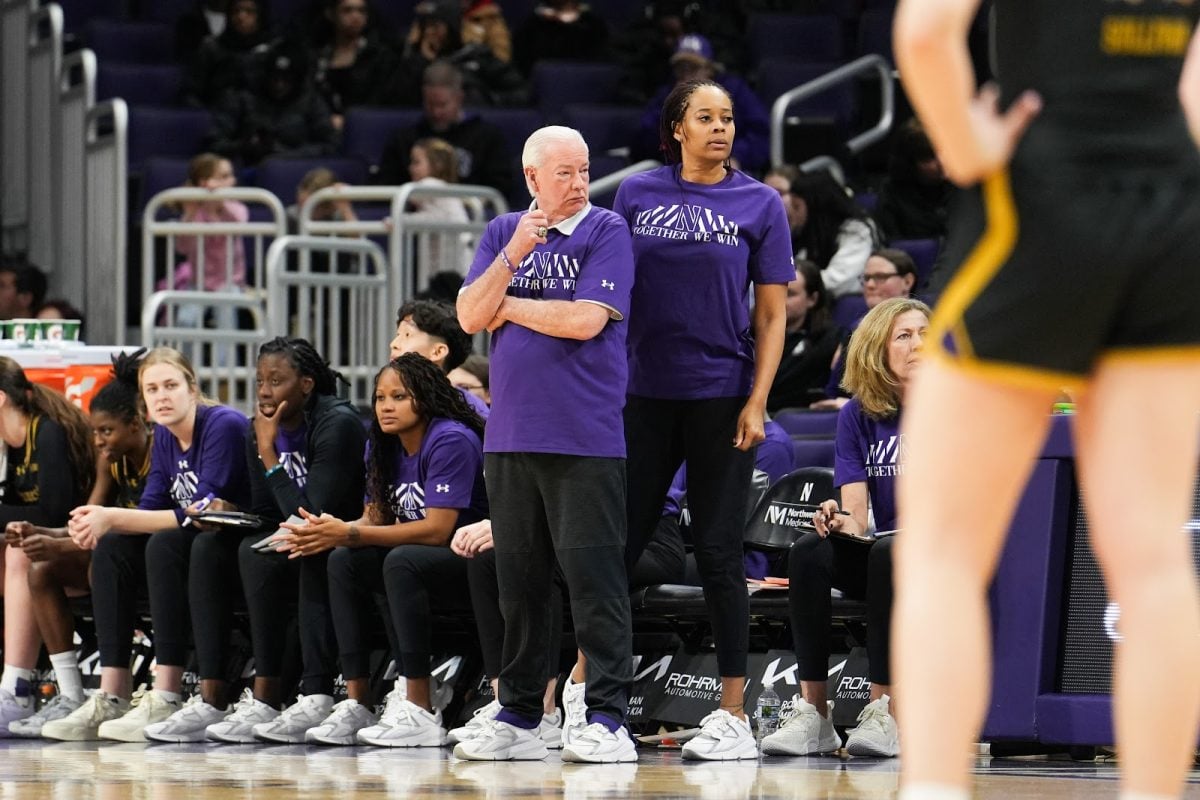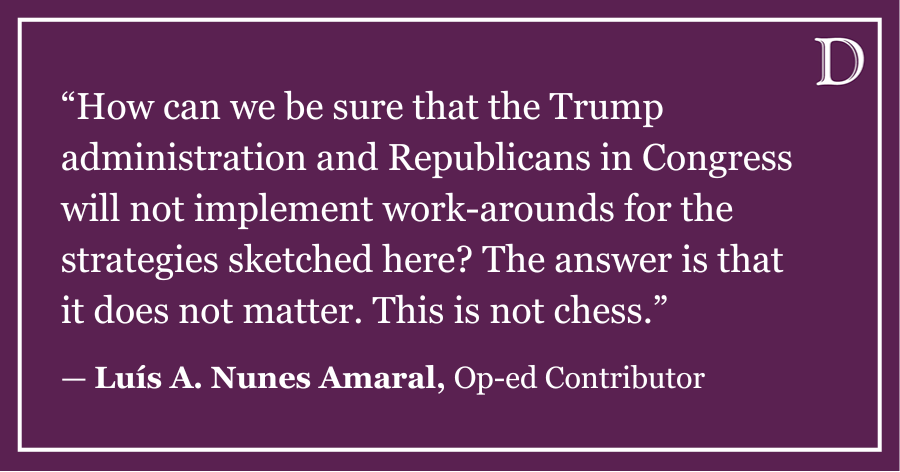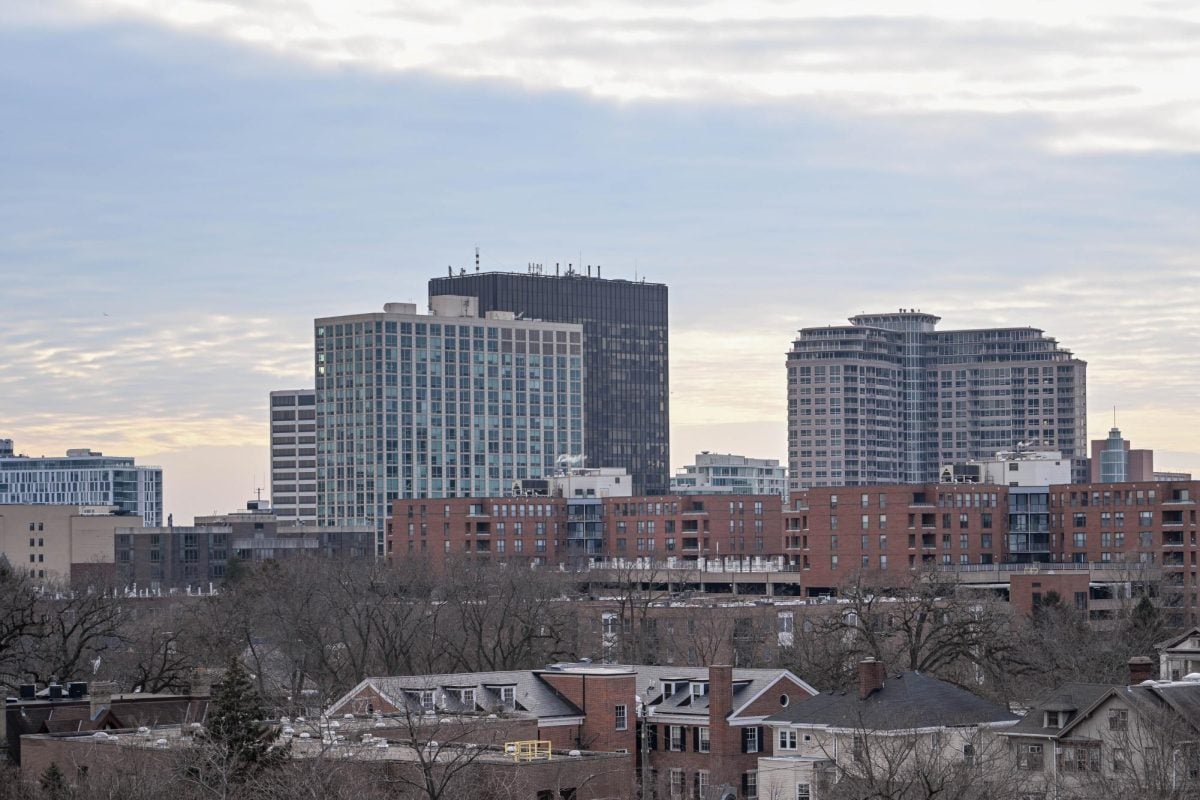Weinberg freshman Asha Mehta walks from Elder Hall, where she lives, to Chapin Hall more than five times a week for one reason: the community.
Mehta is a non-residential, or “non-res,” member of Chapin Humanities Residential College. She said she started going to Chapin during Fall Quarter because some of her close friends live there.
“It would get to the point where I would just go on my own and knock on the door and have someone let me in and then just hang out in there,” Mehta said. “It’s so much like a space that feels like a second home.”
To become a Chapin non-res, Mehta said she filled out an online application and paid a $15 due per quarter once she was accepted. Each residential college has its own quarterly fee, ranging from $15 to $35.
Mehta said she thinks Chapin’s fee is reasonable because it gives her access to the building, college-specific events and the ability to gain points through event attendance. Each residential college has its own point system, and students need to earn a number of points, by attending events hosted by each college, to live there for the next school year.
By the time she became a non-res, Mehta said she “very quickly realized it was too late” for her to acquire the number of points she would need to secure a room in Chapin for the 2024-2025 school year, but she stayed a non-res member.
“I still kept being a non-res because I found the building access really helpful, just because of the sheer amount of times I go,” Mehta said.
According to Medill sophomore and former Daily staffer Chloe Mintz, students who hope to become a non-res member of any residential college must fill out an online application. Mintz was the president of Willard Residential College from Spring Quarter 2023 to Winter Quarter 2024 and is now president of the Residential College Board.
At weekly meetings, the president of each residential college board decides whether to approve applicants for non-res status.
According to Mintz, around 10% of Willard’s population is made up of non-residential members.
Communication freshman Keya Umesh is a non-res member of Willard and lives in East Fairchild. Because she gained enough points through Willard events, she said she will be able to live in the residential college next year.
Umesh said although she does not live in Willard, she cultivated a community by attending events and getting to know other people in the dorm.
“Being able to be over there even more just to attend all these things definitely helped me grow closer to the people that I wouldn’t normally talk to over there,” Umesh said.
Weinberg sophomore Emma Smith, the president of the Residential College of Cultural and Community Studies, said she hopes students who are considering applying to be a non-res at CCS are not intimidated by the amount of money required.
“I feel like between the T-shirts, water bottles, merch you get, the catered lunches, the events, I feel like it’s really worth it, and it pays for itself quickly,” Smith said.
Undergraduate Financial Aid also supplements any fees that are an obstacle for participation in residential colleges.
McCormick junior Emma Sliwinski, vice president of the Slivka Residential College of Science and Engineering, said some non-res members are underclassmen who aim to earn enough points to live in the residential college for the next school year.
However, Sliwinski said there are also non-res upperclassmen who used to live in Slivka, know the community well and come back to participate in events.
Mehta said as a non-res, the lack of physical proximity does take a toll on connections with other residents, but it ultimately does not detract from the experience enough to make it meaningless.
“I’m not as much part of the community as people who live there,” Mehta said. “But I feel like most of the people who are hanging out, I know most of the names and the faces and stuff and people recognize me, and I have a good amount of friends there.”
Email: carlottaangiolillo2027@u.northwestern.edu
Related Stories:
— Northwestern students connect in residential colleges
— Drive collects blankets and coats for Ukrainian and Afghan refugees

